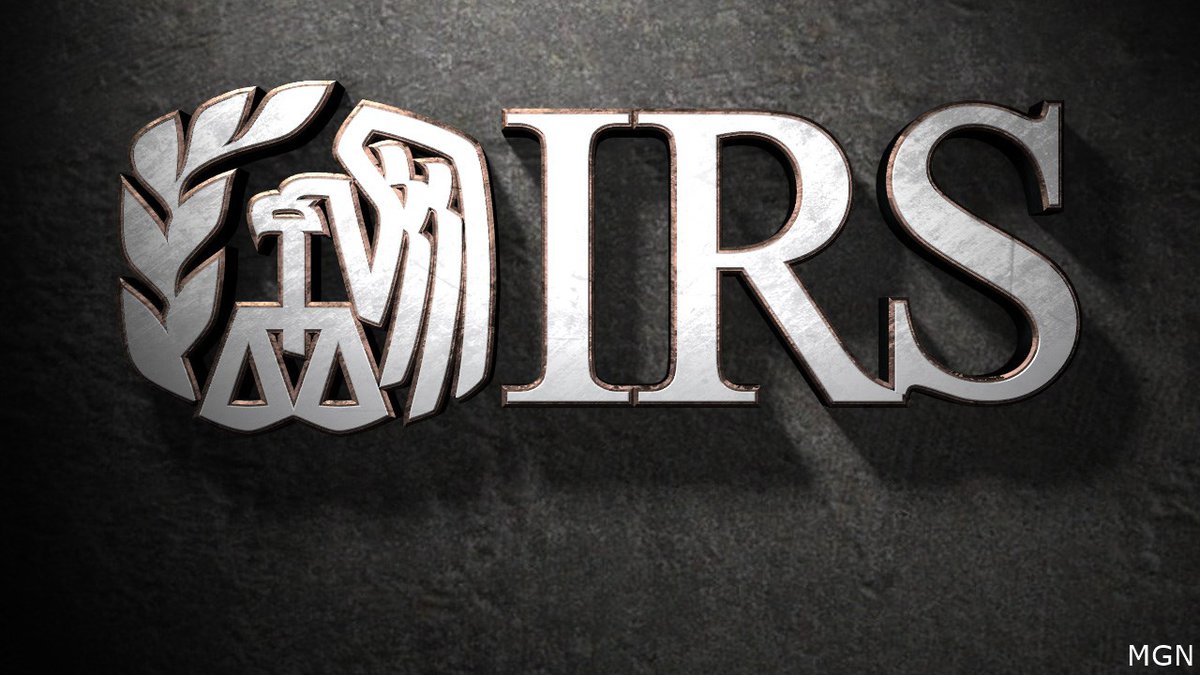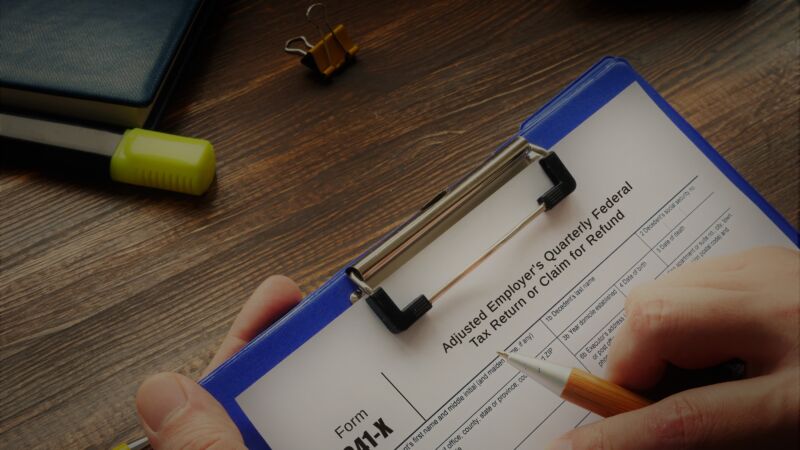
Unauthorized Payments
This year's Dirty Dozen, list, which highlights typical frauds that taxpayers could run into, has been released by the IRS. The preparation of returns and management of financial concerns by individuals and tax experts make this list especially pertinent during tax season. Risks associated with these frauds include potential cash losses and data breaches.improper claims involving Employee Retention Credits, or ERC.
This year, the IRS has included improper claims related to Employee Retention Credits (ERC) in the Dirty Dozen list. The IRS has observed blatant efforts by promoters to mislead ineligible individuals into claiming the ERC. Promoters have aggressively used radio and internet advertisements to tout ERC refunds, often providing inaccurate information regarding eligibility and credit calculation.
Ineligible ERC Claims
This year, the IRS is highlighting Employee Retention Credits following what they call "blatant attempts by promoters to con ineligible people to claim the credit." The IRS specifically called out schemes from promoters who have been blasting radio and internet ads touting ERC refunds. These promotions can be based on inaccurate information related to eligibility for and computation of the credit.
Personal Contacts
Furthermore, taxpayers and tax professionals have reported an increase in personal contacts promoting the ERC through methods such as email and phone calls. While not all of these contacts involve fraudulent activity, some may be deceptive. IRS Commissioner Danny Werfel expressed deep concern about the aggressive marketing surrounding ERC credits and emphasized the need for caution.
Werfel emphasized, "Before submitting a claim for these credits, businesses should exercise caution. Although these credits have been a crucial financial support for countless businesses, there are deceptive promoters leading individuals and businesses to believe they qualify for these credits. It's crucial to understand that these pandemic-related credits have precise eligibility criteria; they are not accessible to everyone." Taxpayers continue to receive pitches that suggest they may qualify for ERC credits, often based on inaccurate information. In some cases, businesses that do not meet the eligibility criteria have been approached with claims of eligibility. These deceptive tactics have led to confusion among taxpayers.
It is essential for taxpayers to exercise caution and verify their eligibility before claiming ERC credits. Eligible employers must have qualified wages paid between March 13, 2020, and December 31, 2021. Eligibility is determined by factors such as a full or partial suspension of operations due to government orders related to COVID-19, a significant decline in gross receipts, or qualification as a recovery startup business. ERC credits are intended for businesses and are not available to individuals.
The IRS is taking enforcement actions to address improper ERC claims, both on the civil and criminal fronts. Auditors have been trained to examine claims carefully, and the IRS Criminal Investigation Division is actively pursuing promoters of fraudulent credit claims.
Tax professionals also play a crucial role in maintaining the integrity of ERC claims. The IRS Office of Professional Responsibility has provided guidance to tax professionals, stressing the importance of accurately assessing client eligibility before preparing ERC claims. Tax professionals should inform clients of noncompliance and any potential penalties. They should also consider advising clients on filing amended returns when necessary.
Filing false information and fraudulent tax forms can lead to serious civil and criminal penalties. The IRS encourages individuals to report illegal tax-related activities, including ERC-related scams and abusive tax schemes. Reporting can be done through various channels, such as email (phishing@irs.gov), the Treasury Inspector General for Tax Administration hotline (1.800.366.4484), or by filing Form 14242, Report Suspected Abusive Tax Promotions or Preparers.
"Qualified taxpayers encompass employers who have made eligible wage payments between Mar. 13, 2020, and Dec. 31, 2021. In addition, the following conditions must be met:
- Experienced a full or partial cessation of operations due to orders issued by a relevant government entity that restricted commerce, travel, or gatherings because of COVID-19 in 2020 or the initial three quarters of 2021.
- Suffered a substantial decline in gross receipts in 2020 or a decline in gross receipts during the initial three quarters of 2021.significant decline in gross receipts during 2020 or a decline in gross receipts during the first three quarters of 2021; or
- Qualified as a recovery startup business for the third or fourth quarters of 2021.
It's important to note that these credits are exclusively available to businesses and are not accessible to individuals.”
According tosection 10.21 of Circular 230, when a practitioner becomes aware that a current client failed to meet the ERC (Employee Retention Credit) requirements in a previous tax year, they are required to promptly notify the client about the "lack of compliance, mistake, or oversight," as well as any potential penalties that could be applicable.
The IRS strongly encourages employers to promptly report any instances of fraud or IRS-related phishing attempts. These reports can be submitted to the IRS via email at phishing@irs.gov or to the Treasury Inspector General for Tax Administration through their online portal or by calling 1.800.366.4484.
For those wishing to report an abusive tax scheme or a tax return preparer, the process involves filling outForm 14242, Report Suspected Abusive Tax Promotions or Preparers,Along with the completed form, individuals should provide any relevant supporting evidence. Submissions should be directed to the IRS Lead Development Center within the Office of Promoter Investigations.





